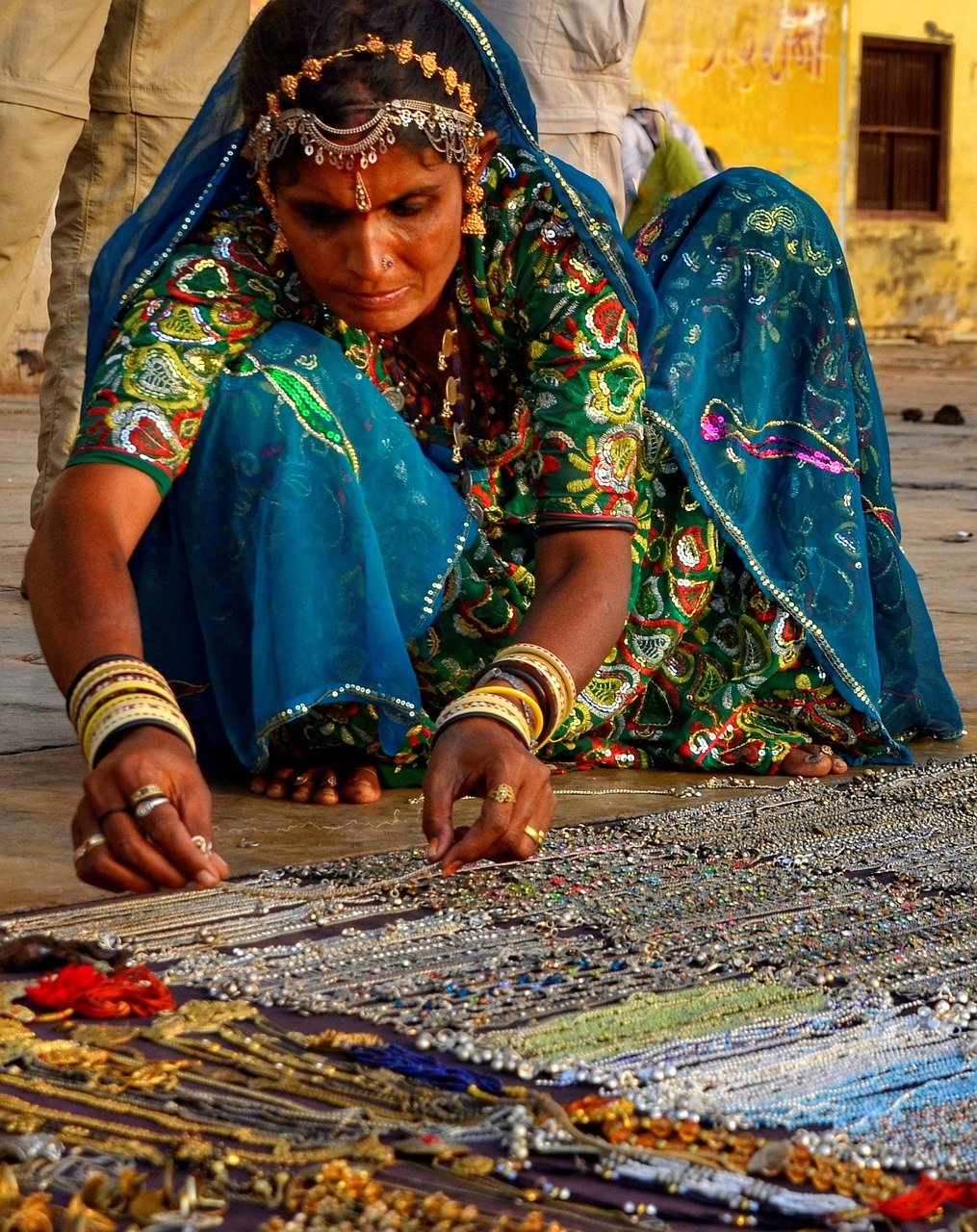The impacts of climate change on health all over the world are significant and far-reaching. According to the World Health Organization (WHO), between 2030 and 2050, climate change could be the cause of approximately 250,000 more deaths annually from malnutrition, malaria, diarrhea, and heat stress.
The impact on women's health in India is a critical issue, especially with regard to climate change. According to WHO, India has a maternal mortality rate of 174 deaths per 100,000 live births, which is significantly higher than many other countries in the region. Around 50 million women in the country suffer from reproductive health problems, and anaemia affects around 50% of women of reproductive age, leading to complications during pregnancy and childbirth.
The health of Indian women is closely linked to their status in society, and poor health has repercussions not only for women but also for their children and other family members. The disadvantaged gender role of women in India is one of the main reasons for their poor health status.
These statistics and research highlight the urgent need to cater to specific health challenges faced by women in India, especially in the context of climate change and its potential to further increase existing health inequalities.
Issue | How it affects women |
Table of contents [Show] Vulnerability to climate change | Women are more vulnerable when it comes to the health impacts of climate change. This is especially so in low- and middle-income countries (LMICs). |
| Women are more vulnerable to heat-related illnesses due to their higher body fat percentage and lower body water content. Approximately half to two-thirds of an average person's weight is attributed to water. Due to a lower water percentage in fat tissue compared to lean tissue, the average woman, who generally has more fat, has a lower water percentage (52 to 55%) than the average man (60%). | |
Air pollution | Women are more susceptible to the health effects of air pollution, which is expected to worsen due to climate change. |
Extreme weather events | Women are considerably more likely to be affected by extreme weather, such as heatwaves, storms, and floods, due to their higher exposure and limited access to resources. |
Mental health | Climate change-induced stress has a greater impact on women's mental health, as they often bear the brunt of caring for families and managing household responsibilities. |
Food and water-borne illnesses | Out of 14 studies examining links between climate change, food insecurity, and health, no less than 79% (11) found that women were more affected than men. |
Pregnancy complications | Exposure to PM2.5 and ozone increases the risk of stillbirth, preterm birth, and low birth weight, with these effects being most pronounced in women. |
Displacement | Women and girls account for 80% of the people displaced by climate change, leading to severe implications for those requiring healthcare. |
It is important to take the necessary steps to reduce greenhouse gas emissions, build climate-resilient health systems, and track national progress to mitigate these impacts.








